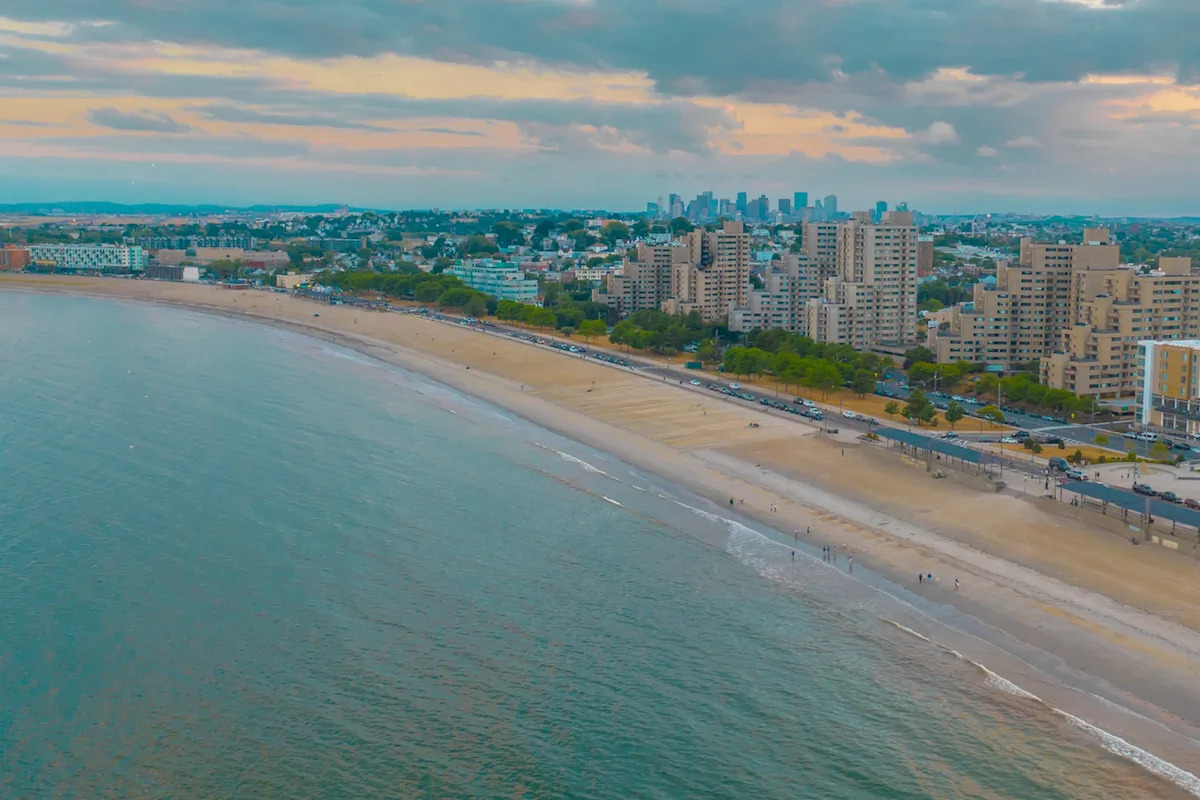Experts and locals alike were stunned when a manatee showed up in the typically frigid waters off the coast of Massachusetts, but the rare sighting could be a sign of what the future has in store as the Earth and its oceans continue to warm.
“I lived on Cape Cod for years and the idea that you would see a manatee is just nuts,” said Kristina Dahl, vice president of science at Climate Central, according to CBS News. “Given that manatees are a warm-water species, you don’t expect to see them in Massachusetts, but it could be a sign or symptom of our warming temperatures.”
What’s happening?
As heat-trapping pollution has caused global temperatures to rise, 90% of that excess heat has been absorbed by the world’s oceans, according to Climate.gov.
As ocean waters have gotten hotter, it has disrupted the delicate balance of marine ecosystems, with warm-water wildlife being able to spread beyond their traditional habitats, while cold-water animals have moved further and further toward the poles in search of lower temperatures.
This process has been playing out right before the eyes of local residents in Massachusetts.
“It’s still beautiful, we’re lucky to be here,” said Colleen Bowie, a local resident who has enjoyed visiting New England’s beaches for decades, per CBS News. “I appreciate it, but I wish it wasn’t changing so much.”
In addition to manatees, the warming oceans off the Northeastern United States have seen other, potentially more hazardous, visitors. Previously, officials in Falmouth, Massachusetts, issued an alert after detecting a bacteria that can cause a flesh-eating condition in the water. The bacteria traditionally has thrived in the warmer conditions of the Gulf Coast, according to CBS News.
Meanwhile, cold-water species that have long been a vital part of the region’s economy and food supply, such as cod, have continually moved northward in search of cooler temps, per CBS.
“One of the remarkable things is just how quickly the oceans are changing,” Glen Gawarkiewicz, senior scientist at the Woods Hole Oceanographic Institution, told CBS, noting that his organization coordinates the monitoring of ocean water for scientific indications of changes. “It’s absolutely important that we keep up our ocean observations.
“… We have more and more fishing vessels that are taking temperature and salinity profiles. But a lot of these changes have been unexpected.”
Why do invasive species matter?
As global temperatures and ocean waters continue to experience historic levels of heat, some species have spread into areas where they previously could not survive, usually because of cold air or water temperatures.
These invasive species can spread deadly diseases and disrupt local ecosystems, which can impact food supplies and hurt major industries like fishing and tourism.
According to the National Invasive Species Information Center, part of the U.S. Department of Agriculture, the economic cost of invasive species in North America has skyrocketed from roughly $2 billion annually in the 1960s to over $26 billion per year since 2010. This has added up to a staggering $1.288 trillion over the last 50 years.
Further, research has revealed that invasive species have been the number one cause behind species-wide extinctions, surpassing even habitat destruction, according to The Wildlife Society.
What’s being done about invasive species?
On a global scale, the best way to combat the spread of invasive species is to reverse the trend on rising global temperatures. This will require significantly cutting back on the amount of heat-trapping, planet-overheating pollution entering the atmosphere.
To help push for change on the political level, you can use your voice by contacting your elected representatives and voting for candidates that share your policy priorities.
Taking things further, you can help reduce heat-trapping pollution on an individual level by taking steps like driving an EV and installing solar panels on your home.
Additionally, there are plenty of ways that you can combat invasive species and support native ecosystems right in your own backyard. By planting a native garden or rewilding your yard, you can save money on your water bill and landscaping costs while also providing important habitat for native species like pollinators, birds, and small mammals.
Join our free newsletter for good news and useful tips, and don’t miss this cool list of easy ways to help yourself while helping the planet.

